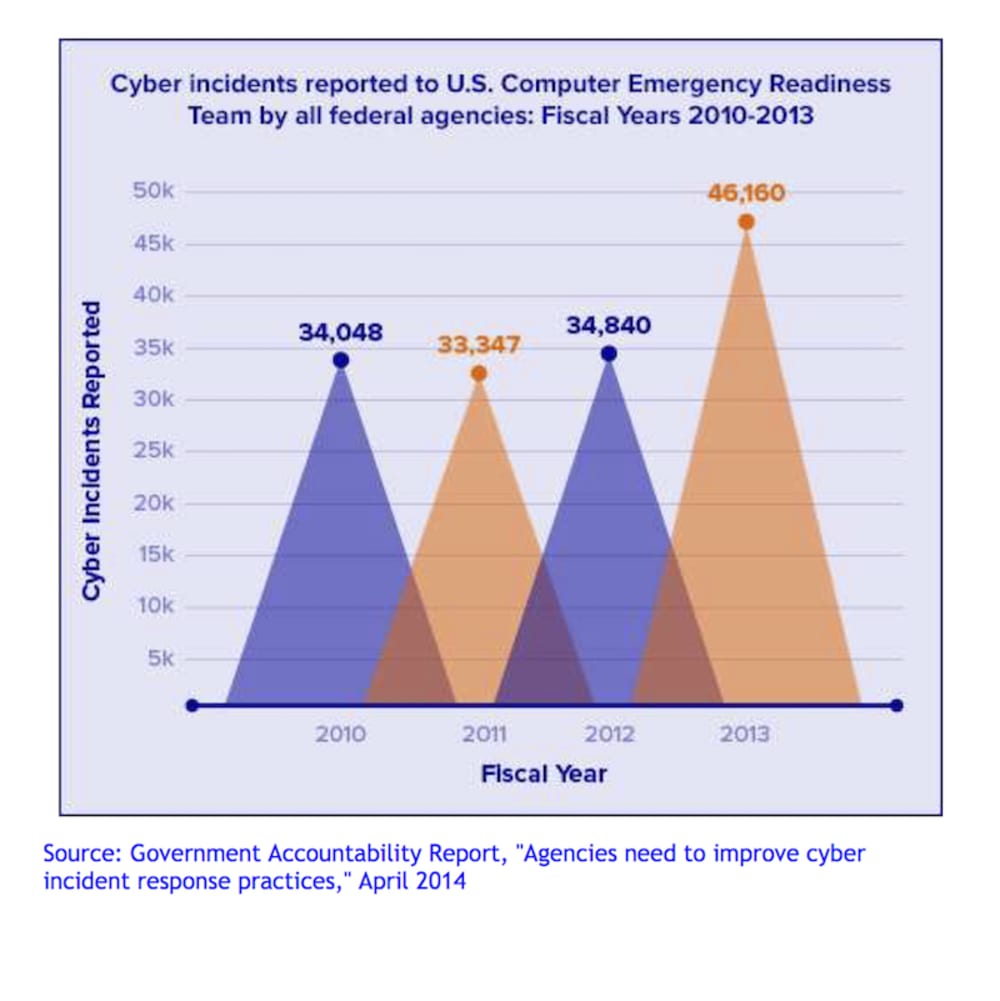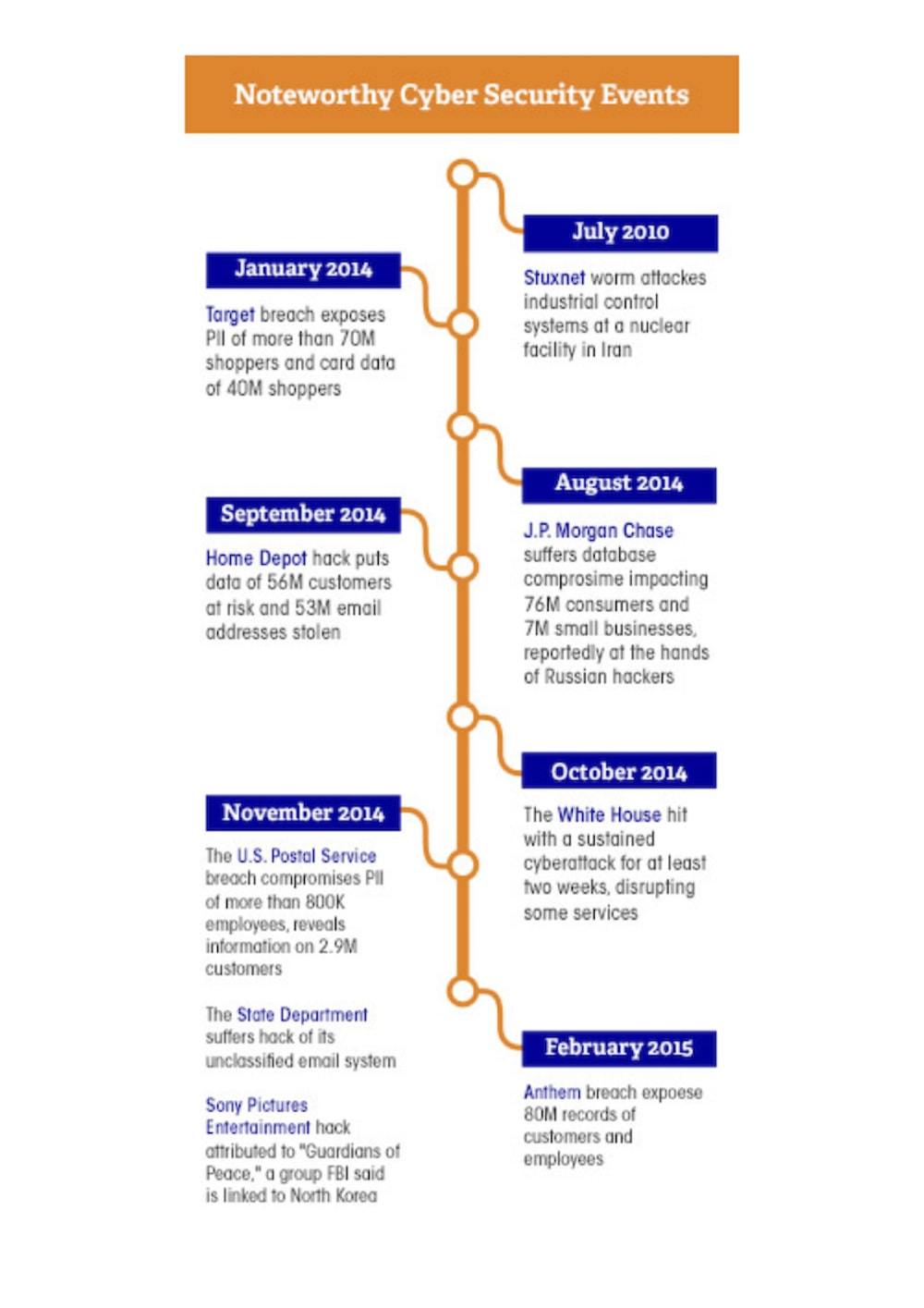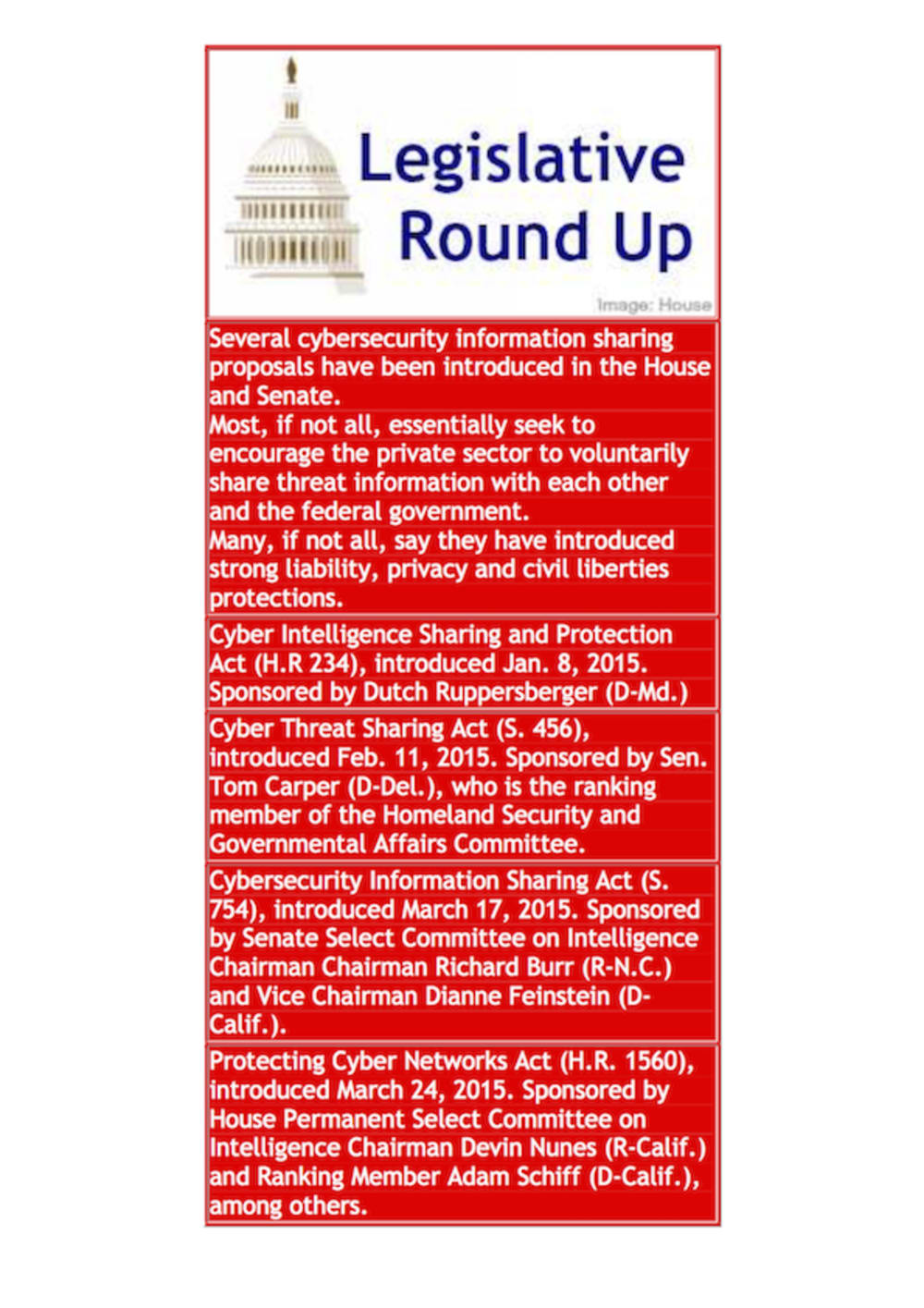The current, existing Internet is fundamentally unsecure, what is result of design of this Internet.
Only way to create a secure Internet is to develop a new, secure Internet - it is Internet-like, but with a design different from the current Internet, telecommunication systems. The new design or designs should provide for full or may be nearly full security. The substance of the proposed idea is to start a work aimed at developing such new, secure Internet.
The teleprocessing information systems used for sensitive and important tasks will be called later “the mission-critical teleprocessing information systems.” It is a common practice using the existing Internet is an adequate telecommunication base for such mission-critical teleprocessing information systems. However these practice is completely unjustified - it is not acceptable to use the existing Internet as a base for the mission-critical teleprocessing information systems. It is because the secure and reliable operation of the mission-critical systems over the existing Internet is absolutely impossible and unfeasible. Every system operating over the Internet, especially the mission-critical systems, can be and will be a target of effective attacks of destructive and criminal character resulting in a damage of some elements of the system and prohibiting the correct operations of it.
A new information on cyber attacks is published nearly every day, including data on huge commercial loses, with amount of billions US dollars.
In spite of such obvious evidence of intrinsic insecurity of the existing Internet it is widely used to implement crucial processes resulting at the large-scale criminal activities presented at several reports. To remedy this situation president Obama issued on February 12, 2013 EXECUTIVE ORDER: IMPROVING CRITICAL INFRASTRUCTURE CYBERSECURITY stating: “It is the policy of the United States to enhance the security and resilience of the Nation's critical infrastructure…”
Therefore the only solution is to develop a new, Internet-like but secure telecommunication network to be used as a foundation for the mission-critical systems, to be called a secure Internet, and will be a network which:
- will posses all advantages of existing Internet, a similar extent and ubiquity,
- will be free of the flaws and weaknesses of existing Internet, will have an architecture and principles of operations making criminal and destructive activities so difficult and dangerous that almost unfeasible in practice
Developing the new, secure Internet requires launching and performing an adequate research, conceptual and design work.
Launching this work should be, in my opinion, recognized by an European and international community as key ICT research priority.
The key elements of the secure Internet architecture will be various antiburglary safeguards and security devices making the identity thefts an impossible thing.
On of the new solutions should be the new types of computers to be used as workstation and servers, featuring new architecture different than architecture of existing computers and blocking any destructive and criminal activities.
The new, secure Internet should be used for the mission-critical teleprocessing information systems as fi. technical, financial, medical, military etc systems, especially The Internet of Things.
Like this entry?
-
About the Entrant
- Name:Tomasz Rawinski
- Type of entry:individual
- Patent status:none








